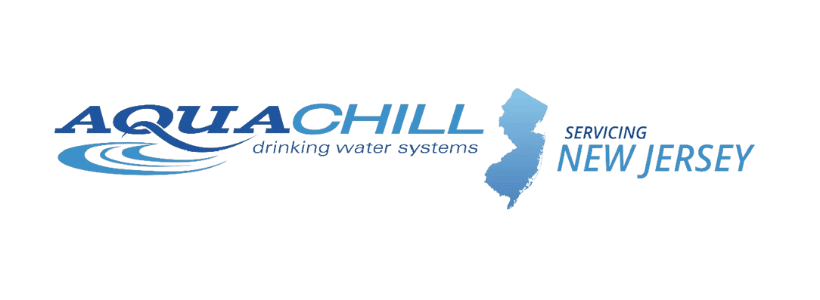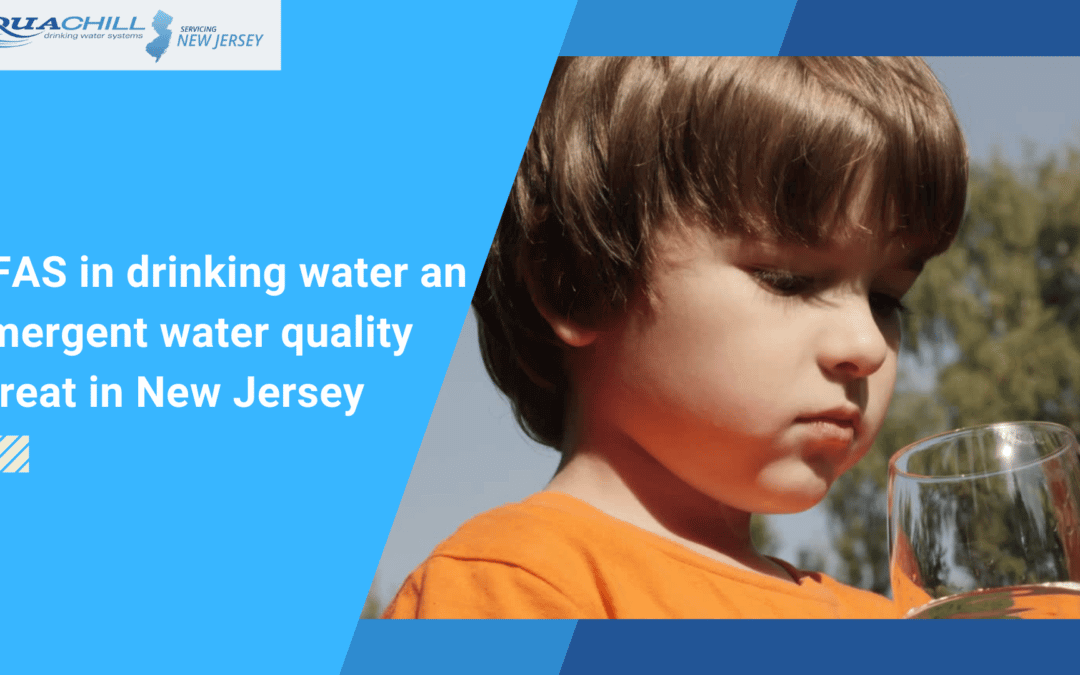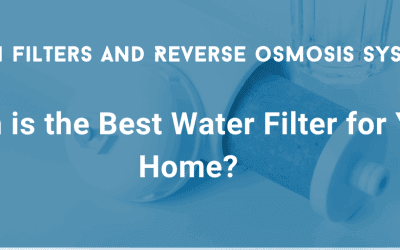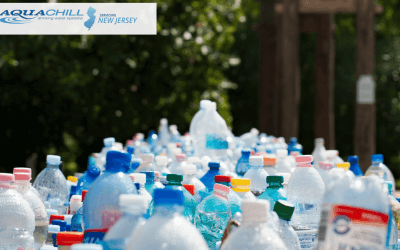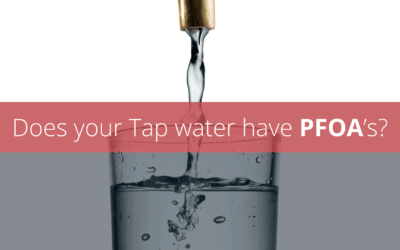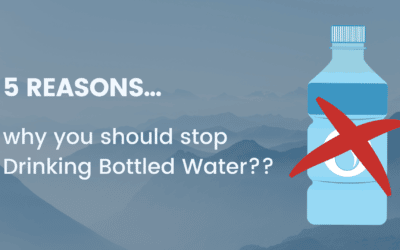In 2018, NJ became the first state to establish a drinking water standard for PFA’s in local tap water to have a maximum level of 14 parts per trillion. That is an 80% reduction from the current acceptable level of 70 parts per trillion established by the EPA.
New Jersey is acting on this because there is a great deal of information on the health effects of PFAS in humans and animals. In humans, the most common effects are increases in serum cholesterol, uric acid levels and decreased antibody response following a vaccination. In animals, PFA’s have caused tumors and weakened immune systems. Additionally, in a community with substantial exposure to PFA’s through drinking water, PFA exposure was associated with a higher incidence of kidney and testicular cancers.
Even more concerning is the effect of PFA’s with children. Infants and children consume more water per body weight than older individuals, so their exposures may be higher than adults in communities with PFAS in drinking water. Exposure to PFA’s before birth or in early childhood could lead to decreased birth weight, poor immune responses & hormonal effects later in life. Furthermore, PFA’s have been found in human breast milk and the blood of 97% of Americans.
Can PFAS be removed from the water?
PFA’s are manmade chemicals that repel water & oil and are resistant to heat & chemical reactions. A chemical with that kind of versatility has proven to be invaluable in many applications like non-stick cookware, fast food packaging, stain resistant products, firefighting foams, pesticides & paints. Commonly referred to as the “Forever Chemical”, PFA’s enter our drinking water from industrial waste that seeps through the soil, into our water and slowly evaporate into the air becoming a part of the water cycle.
Reverse osmosis is a highly effective filtration method that removes a high percentage of impurities from water, making it a vital strategy for preserving the quality of your tap water. This can be especially important for people who have noticed a difference in taste with their tap water, often caused by high levels of chlorine or heavy metals. Reverse osmosis systems allow you to install such a system at your kitchen sink and deliver fresh, clean drinking water more conveniently than ever.

What are the dangers of PFAS?
A growing body of science has found that there are potential adverse health impacts associated with PFAS exposure, including liver damage, thyroid disease, decreased fertility, high cholesterol, obesity, hormone suppression and cancer. PFAS primarily settle into the blood, kidney and liver. A study from 2007 by the US Centers for Disease Control and Prevention estimated that PFAS chemicals could be detected in the blood of 98% of the US population.
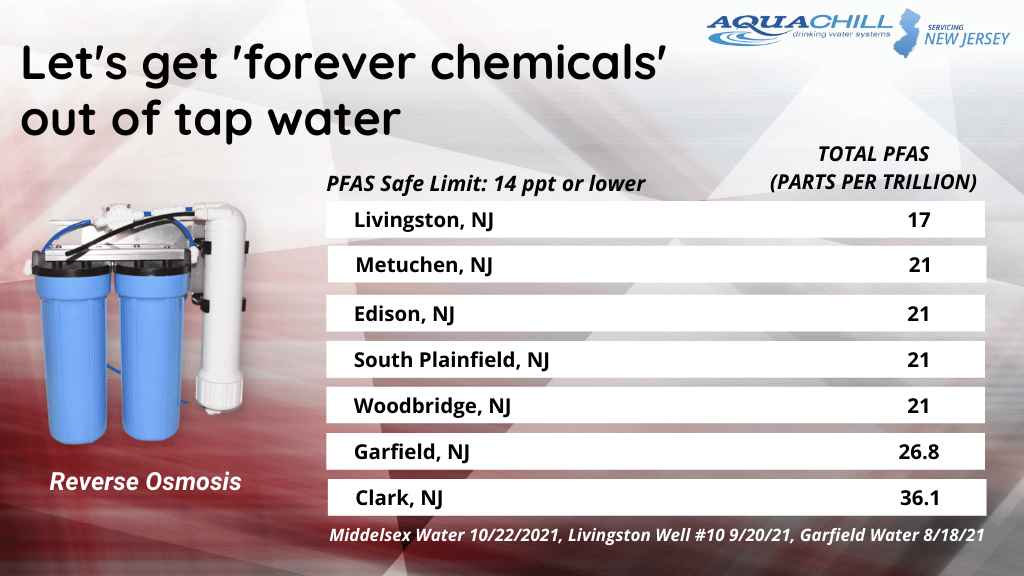
More Questions?
Call Matt for answers to more details regarding the technology and service support.
Is this available for Homes?
Yes! Call Matt for details and special pricing just for Twinboro Employees
Want a FREE Test of your Tap Water?
Call Matt – ( +1 646-279-3401 )
Email – mgilmore@aquachill.com

Carbon filters and Reverse Osmosis systems
Carbon filters and Reverse Osmosis systems. Which is the Best Water Filter for Your Home?Clean and fresh water is everyone's necessity. Even the simplest of items are expensive now, including clean water. With so many problems going on in the city of New Jersey, it is...
What is the best water to drink?
What is the best water to drink?There are multiple factors to consider when deciding what the best water to drink is. Today, you can find water that is not just simple H20, but may also have added minerals, vitamins and fruit flavoring. You also can consume water...
Aquachill RO Water System and how it filters and purifies water
Aquachill’s Reverse Osmosis Water System and how does it filter purifies water?Reverse osmosis systems are praised for their effectiveness in filtering water and creating clean, great-tasting water. RO systems have a wide range of applications, from whole-house...
Can you get cancer from tap water?
A new report from the Environmental Working Group warns that carcinogens in tap water can increase cancer risk for thousands of Americans over a lifetime. According to a new study by the Environmental Working Group, the presence of 22 carcinogens in tap water could...
What Is BPA? Why should you avoid it?
You may have noticed that many plastics you buy nowadays say "BPA-free." But you might be wondering what that really means and why it matters.Bisphenol-A (BPA) is an industrial chemical that can be found in many common household items. It is used in plastics...
Do you drink water at the right time of the day?
It’s not new to most of us to drink eight glasses of water a day for proper hydration (hopefully). But did you know that there are certain times of the day when it is best to drink water? In fact, drinking water during these times can even improve overall health and...
Pharmaceutical Drugs Found in New Jersey Tap Water
Did you know that more than 131 million Americans, or 66% of adults, take some form of the prescription drug every day? On average, those who use prescriptions take 4 pills, which doesn’t account for over-the-counter meds, vitamins, & other dietary supplements....
Does your tap water have PFOAS?
PFAS also known as “forever chemicals” are a family of chemicals in the thousands used in products from nonstick cookware to firefighting foam. While the EPA and many other states do not currently have a limit for PFOA or PFAS, in 2021 the New Jersey Department of...
5 Reasons why you should stop Drinking Bottled Water
Over the past 20 years, Americans have adopted Bottled water as the preferred drink at home over Sodas and Juices. The growing usage has been driven by those who are skeptical about the safety and quality of tap water. For some, they simply don’t like the taste of...
